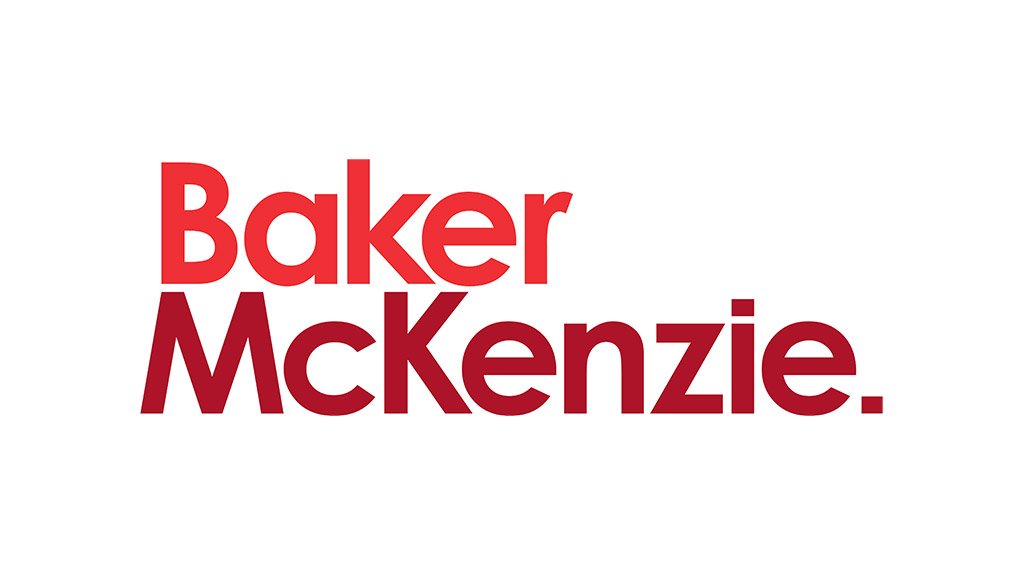As businesses explore the vast possibilities of the metaverse, it is essential to also consider the very real risks posed by virtual worlds of this dynamic space, according to the latest report from global law firm Baker McKenzie. The third in a five-part series of TMT Looking Ahead 2022, this report provides key takeaways and practical tips to mitigate risks in the Interactive Entertainment (IE) sector.
Metaverse environments can be defined as a simulated digital environment that uses augmented reality, virtual reality, and blockchain, along with concepts from social media, to create spaces for rich user interaction mimicking the real world. It's the next generation of the internet, it enables creators to deliver connected, immersive experiences based around activities.
The metaverse concept has been dominating headlines and metaverses garnering incredible capital investment, providing business with attractive new opportunities to position their brands, products and services in an innovative and stimulating way. Companies still have an opportunity to position themselves as innovators and seize early adopter advantage, but must also develop strategies to meet the challenges posed to the protection of their IE assets and the enforcement of related IP rights.
Before commencing operations in one, or several, metaverses, businesses need to put safeguards in place to protect and where appropriate ring-fence their assets in the physical world.
"Businesses should analyse whether the activities they intend to develop in a metaverse may give rise to assets eligible for protection (e.g. user interfaces, avatars, etc.) and, if so, (i) which type of IP safeguard best suits these assets and provides the highest level of protection, as well as (ii) how enforcement measures will take place at this changing interactive space," states José María Méndez, Partner, McKenzie.
Ashlin Perumall, Partner at Baker McKenzie in Johannesburg, notes, "As the lines between code and enforceable rights become blurred, businesses in the IE sector will need greater technical know-how from their teams and advisors to identify best practice mechanisms to replicate their physical world legal strategies. This includes how legal rights are established in relation to content and contracts with agencies and technology providers, but also how they are protected. In entering new spaces for content deployment, such as in establishing an NFT collection, there exists new tools of protection and enforcement as well as for establishing new ways of distributing revenue amongst creators. However, as businesses enter spaces relying on decentralised protocols, they will also need to be careful of a loss of control over their own content, as was the case with peer-to-peer file sharing from the early 2000s. This is an example of why careful mapping of strategy against these new environments will be key, and will involve a blend of legal and tech skills."
Since activity in a metaverse environment generates a vast volume of data, which can be of great value to businesses, IE companies are accelerating their adoption of cloud services. Recent acquisitions show the importance for businesses to bring together a robust cloud infrastructure. Also reducing cyber risks through proper data management will remain an important pillar of any security program.
Commenting on content regulation, Dominic Edmondson, Senior Associate, Baker McKenzie adds: "The same content may cause different legal issues in different jurisdictions, depending on local regulators and the courts' views on freedom of speech, child protection, political rights, gambling and other issues."
Creators of various virtual worlds are also focused on creating environments in which parties can buy and sell offerings and transact in payments of both fiat and virtual currencies. This brings into play complex jurisdiction-specific financial regulations. Companies investing in this space will require acute technical understanding from their legal advisors as a means to control risk in these new ventures.
EMAIL THIS ARTICLE SAVE THIS ARTICLE ARTICLE ENQUIRY
To subscribe email subscriptions@creamermedia.co.za or click here
To advertise email advertising@creamermedia.co.za or click here











